Check Out What Pets Are Illegal in the United States
Advertisement
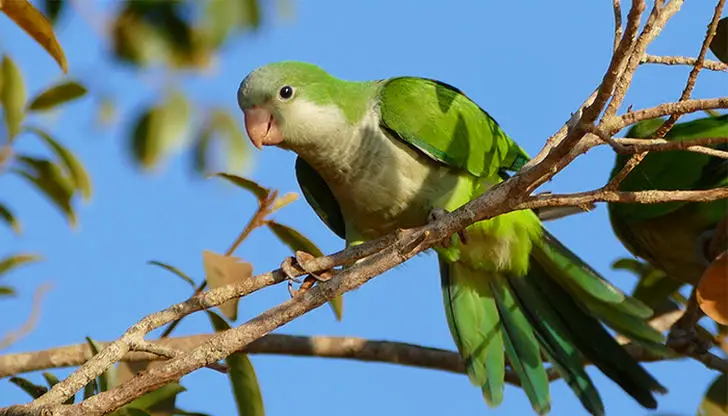
Have you ever considered getting a pet that is unusual or exotic? How about a pet that is actually illegal in the United States? While most people have heard of wild and dangerous animals like lions or tigers being illegal to own, there are actually many other types of animals that are illegal to own in the US. From large mammals to small reptiles, there are many types of pets that are not allowed in the country.
In this article, we will explore the various types of pets that are illegal in the United States and why they are illegal. Whether you are a pet enthusiast or just curious, it is important to know the laws in order to ensure that you are not breaking them. So, let’s take a look at what pets are illegal in the United States.
1. Quaker Parrots

Quaker parrots are banned in several states of the United States due to their potential for nuisance behaviors, such as excessive noise, chewing on buildings, and aggressive breeding.
These social birds are highly adaptive and successful in the wild. This has caused many states to fear that the released birds will become pests or compete with native species.
Therefore, some states have passed laws banning or restricting the possession of Quaker parrots, such as California, Colorado (unless owned before 1990), Connecticut, Georgia, Hawaii, Kentucky, Pennsylvania, Rhode Island, Tennessee and Wyoming.
2. Raccoons
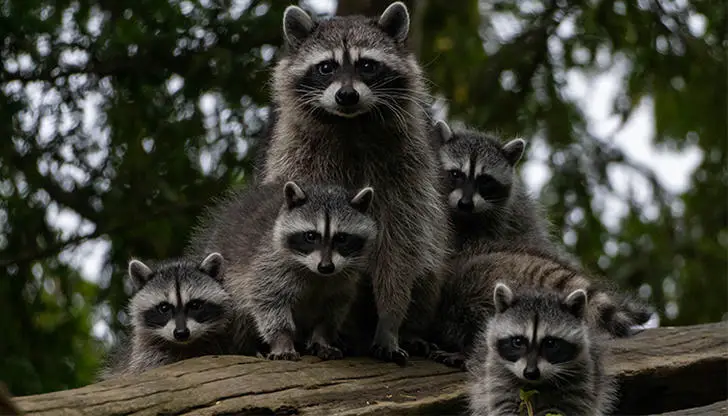
In the United States, raccoons are banned as pets in some states due to their potential to spread disease and cause damage to property.
Raccoons are wild animals and their behavior can be unpredictable and even dangerous when kept as pets. They are also highly adaptable and can quickly learn to become a nuisance to their owners.
Additionally, raccoons can carry a variety of diseases, such as rabies, which can be passed on to humans and other animals. So some states like Colorado, Arizona, and Kentucky have passed laws banning or restricting the possession of raccoons as pets.
3. Hamsters
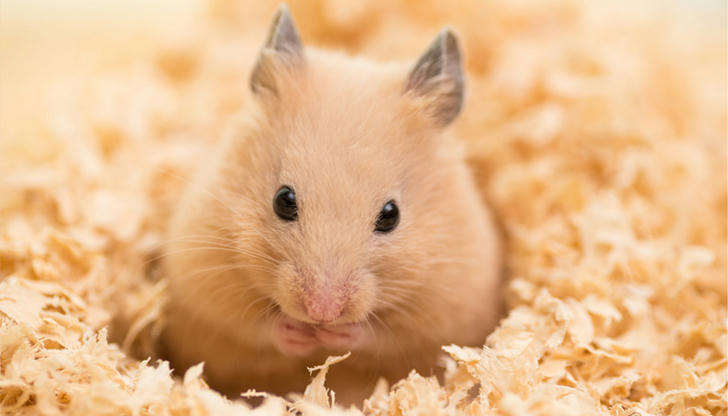
Although hamsters are cute and popular, they are illegal in Hawaii due to concerns that they will damage the environment and create an imbalance in the local ecosystem.
These small animals, native to Eurasia and North Africa, have no natural predators in Hawaii. They could easily eat and destroy native plants and wildlife.
Additionally, introducing hamsters into the environment would provide more than enough food for Hawaii’s predators, causing them to over-hunt and decimate local prey populations.
4. Bats
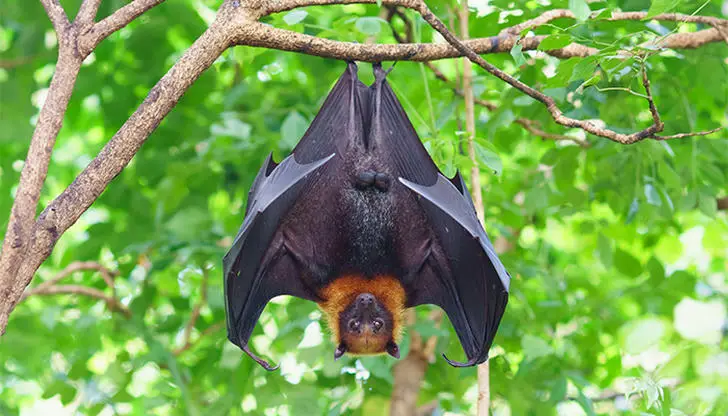
Bats are not very common for people as pets. In the United States, bats are not allowed as pets due to their potential to spread disease and cause damage to property.
Additionally, there are many issues you must consider before keeping a bat, including its diet, sociability, and health. Bats can spread fatal viruses to other animals, so precautions must be taken if one is found in a home.
In the U.S. and some other countries, keeping native bats as pets is illegal, but it is legal in many states to import non-native species.
5. Mongooses
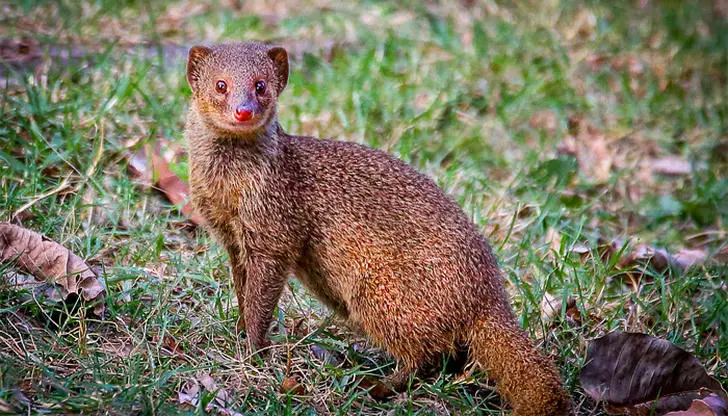
Mongooses are banned in many countries due to their potential to cause significant damage to native wildlife and crops.
This is because of their destructiveness, and the potential to cause damage to property and spread disease. They are known to hunt and consume small mammals, reptiles, birds, and eggs, as well as fruits and vegetables.
It is illegal to import mongooses into the United States, even for zoos, as they can cause significant damage.
6. Miniature Pigs
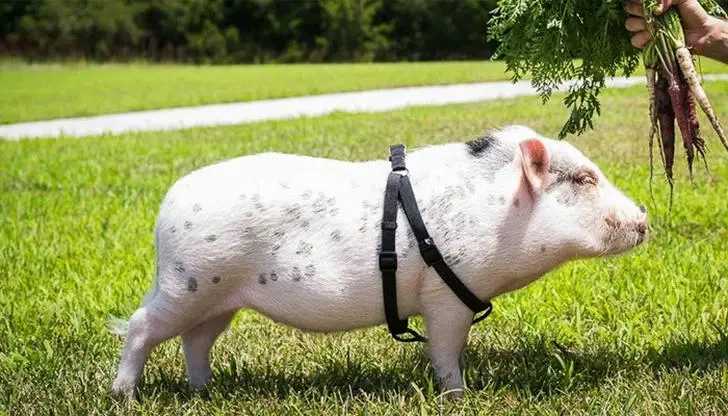
Miniature pigs are banned as pets in many states in the United States. They are regarded as livestock instead of domesticated animals. And owning farm animals inside a city or town's boundaries is usually not allowed.
Additionally, due to their size when grown, they have the potential to become dangerous if not properly handled. In some states, it is illegal to own miniature pigs, while in others, owners are required to obtain a permit or license to keep a pet pig.
Furthermore, in some states, owners must adhere to specific regulations such as providing proper housing, food, and veterinary care.
7. Skunks
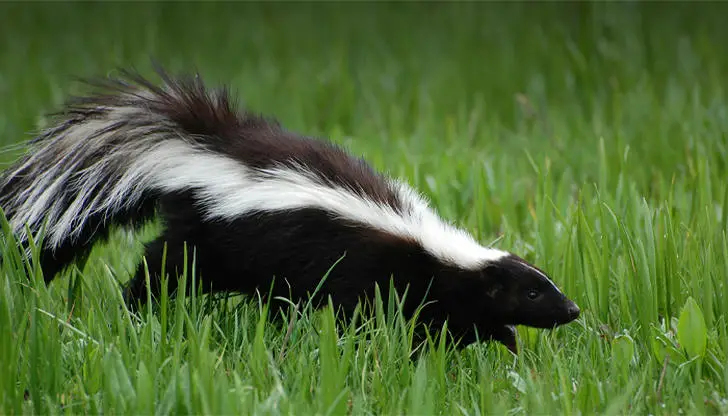
Skunks are banned as pets in most states in the United States due to their potential to spread diseases, their difficult-to-control odor, and their aggressive behavior.
Additionally, due to the risk of rabies in skunks, many states require that skunks be euthanized if found within their borders.
Furthermore, skunks can cause significant damage to property, including digging and spraying, and can disrupt native ecosystems by preying on small animals. As such, it is illegal to keep skunks as pets in most states.



